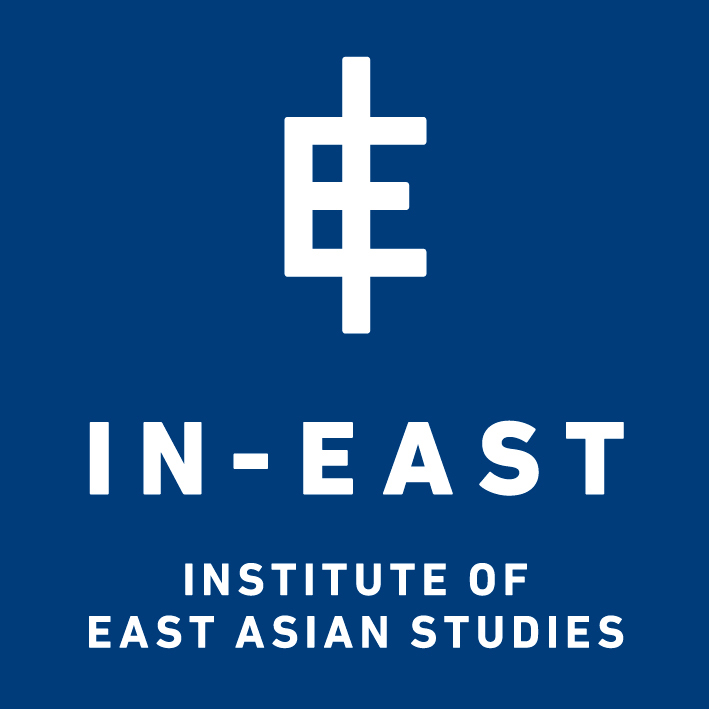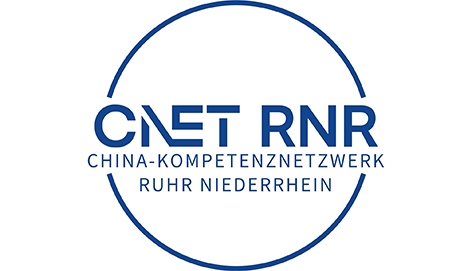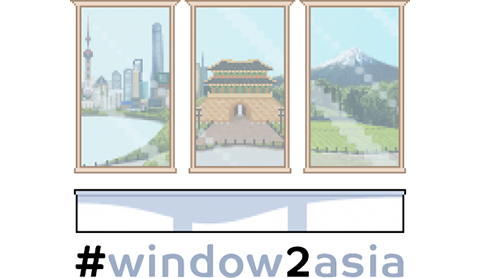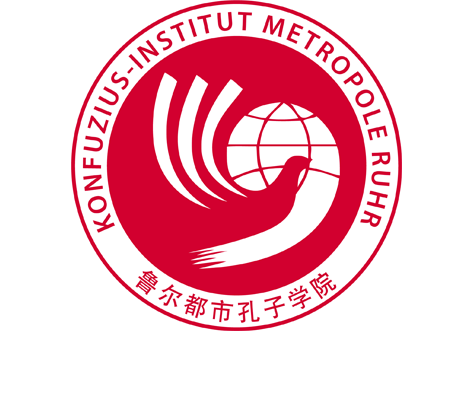IN-EAST News
24.01.2025 - 10:00
EAF Online Guest Lecture by Hoi Yan Cheung
Datong Music Society (1919–1958) and the Making of “Heritage” in Early Chinese Music Modernity | Fri, Jan. 24, 2025, 10–12 h CET | Online Lecture
Abstract:
Datong Music Society, founded by Zheng Jinwen (1872–1935) in Shanghai in 1919, was a major Chinese music organization that proactively responded to the cultural reform movement of the time. For decades, Datong was known for modeling new Chinese instrumental practices upon standardized Western settings, including changing the pitch setting (temperament), expanding the range of tones (register) and volume, and adopting the orchestral style for its ensemble. While these Western-inspired changes have lasting impact on Chinese music reform, recent discoveries of Datong’s archaistic styled instruments suggest an opposite direction of revival, one that prompts new reflections on modernity.
Among the recent discoveries is a set of Datong instruments donated to the Deutsches Museum in Munich in 1925, which I confirmed with the help of the music curator Silke Berdux in 2023. The archaism of the gift set, which was a style common among Datong instruments production in its prime, afforded Datong to be known as the “spokesperson” of classical, or “ancient” (gu) Chinese music. Drawing from the concept of “exhibitory modernity” and reviewing Zheng’s views of history and exhibit, this talk will present Datong as a practical bearer of “heritage” in Chinese musical modernity during the interwar period. Unlike the preservationist notion of “heritage,” however, Datong challenges us to re-envision “heritage” as displaying purposefulness of the modern. Looking closely at its selected pieces, Datong’s instruments indeed showed a variety of creative styles.
A comparison with the “early music revival” happening almost simultaneously in the West helps illustrate Datong’s peculiar approach. Instead of applying fidelity in making early musical instruments in order to produce historical sounds, Datong was more interested in integrating the past with the present, bringing together revival and reform in seeking its futuristic vision of “datong” (lit. great unity), when Chinese music becomes a music of the world with its own national style.
About the speaker:
Joys H.Y. Cheung (Ph.D. in Musicology/Ethnomusicology, University of Michigan; M.M. in Ethnomusicology, University of Texas) is an Associate Professor at the Graduate Institute of Ethnomusicology, National Taiwan Normal University, Taipei. Her research has focused on the field of “music” in Chinese modernity emerging from interwar Shanghai, including issues of translated modernity, networks, the sublime, qin listening, historiography, and heritage negotiations. Her publications in 2023 include The Art Song of East Asia and Australia, 1900–1950 (Routledge), her second co-edited volume, and Making Chinese Instrumental Relics in Pre-UNESCO Modernity: Datong Music Society’s ‘Heritage’ Project (Journal of Music Research, Taipei). Her article Riding the Wind with Mozart’s ‘Jupiter’ Symphony: The Kantian and Daoist Sublimes in Chinese Musical Modernity (Music & Letters, UK, 2015) received the Rulan Chao Pian Publication Prize in 2016. With her recent discovery of a set of Chinese musical instruments donated by Datong Music Society to Deutsches Museum in Munich, Germany in 1925, she has initiated a collaborative exhibit and research project between her institution and the museum (2026), and has brought about a collaboration with the Shanghai Conservatory of Music (2024).
Access to the Meeting:
https://ruhr-uni-bochum.zoom.us/j/65259835868
Meeting-ID: 652 5983 5868
Password: 684093
Link to the website of East Asian Futures:
https://east-asian-futures.de











